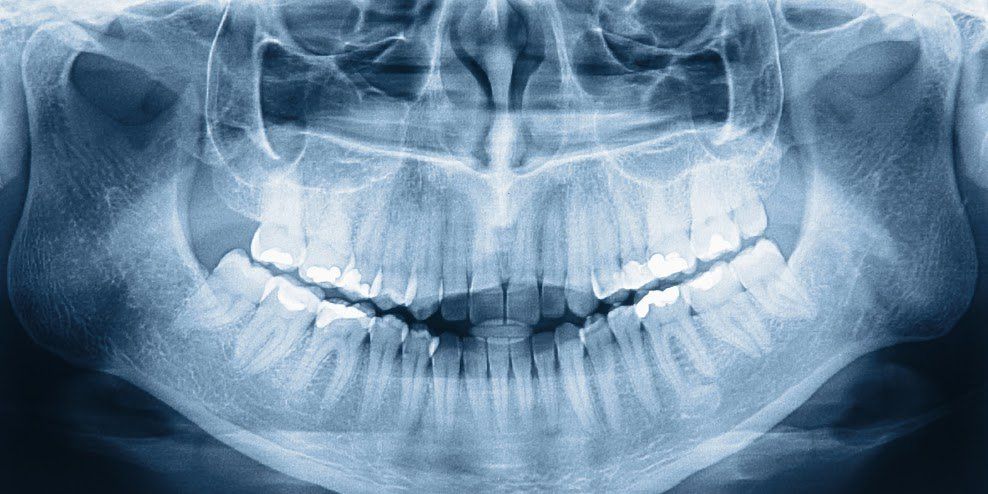4 THINGS TO KNOW ABOUT ROOT CANALS
June 11, 2020
When you go for a dental exam, the last thing you want to hear is that you need to have a dental procedure. You especially don't want to hear the dreaded words root canal. Many people think a root canal sounds scary. This is mainly because they don't really know what is involved with a root canal.
To help you overcome your fear of the unknown, and to help you realize a root canal isn't so bad, here are four things to know about this dental procedure.
1. Know Why You Need a Root Canal
Each of your teeth contains a soft area in the center called pulp. This pulp contains the nerve, blood vessels, and connective tissue. The nerves in your teeth are also called roots. When there is decay in your tooth's root or pulp, it causes inflammation and infection, which is why the decay needs to be removed.
The procedure to remove this decay and preserve the tooth is called a root canal. If you have any of the following symptoms, you may need a root canal:
- Persistent tooth pain
- Sensitivity to heat and cold
- Discolored tooth
- Swollen gums
- Loose tooth
These are all possible signs you need a root canal. However, only a dentist will be able to tell you for sure whether you need a root canal or any other kind of dental procedure.
2. Know That a Root Canal Isn't Painful
Did you know that more than
15 million root canals
are performed in the United States each year? This means that dentists perform about 41,000 root canals each day. Not only are root canals one of the most routine dental procedures performed, they are one of the least painful procedures. In fact, when a root canal is performed, excessive pain is not normal.
Thanks to the use of anesthetics, along with modern dental tools and procedures, a root canal is relatively painless. Any discomfort usually happens after the procedure is over. In most cases, tenderness will go away within a few days of the procedure.
Many people take over-the-counter pain medications to help ease this discomfort. Some people also use ice packs to help reduce the swelling. If the tenderness and swelling does not go away after a few days, you should contact your dentist. You should also contact your dentist if you notice any bleeding, if there is pus around the tooth, or if you have a fever.
3. Know What Recovery Is Like Following a Root Canal
When you have a root canal, you will receive a temporary filling. Because of this filling, plus the fact your mouth will be sensitive in the days following a root canal, extra care is required.
You shouldn't bite down or chew with the tooth that received the root canal. You can however, continue to brush and floss your teeth as you normally would. Most people return to work the next day following a root canal.
4. Know How Much a Root Canal Costs
Like many dental procedures, root canals are somewhat expensive. Root canals typically cost around $1,000. This cost differs, depending on the location of the tooth that needs the root canal.
For example, a root canal performed on the front teeth usually costs between $900 and $1,100. If a root canal is performed on a tooth in the back, it could cost as much as $2,000. Most dental insurance plans cover half the cost of a root canal.
If you live in Phoenix, AZ, and need to have your teeth examined, contact Desert Dental. Our dentist, Kamran Ruintan, D.M.D., provides dentistry services for the whole family. These dentistry services include
root canals
, general dentistry, and cosmetic dentistry.
















